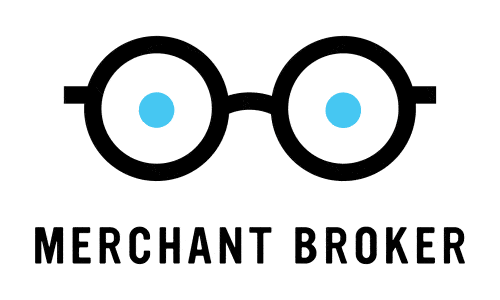A money service business (MSB) is essentially a business that converts and transfer monetary values between different parties. This type of service comes in the form of banks, as well as non-banking financial institutions (NBFIs).
In general, NBFIs include, but are not limited to, pawn shops, currency exchange businesses, and insurance firms. When it comes to Canada, individuals working at an MSB should take care to understand the obligations that come with the industry.
For instance, these obligations include registering one’s business with the Financial Transactions and Reports Analysis Centre of Canada (FINTRAC), as well as reporting to the centre. This is on top of keeping accurate records, understanding one’s clients, and implementing a compliance program.
To get started, MSBs should first fill in and submit a pre-registration form provided by FINTRAC. A key form of information to have at hand for this would be the type of business structure of one’s MSB. These structures include corporations, partnerships, and sole proprietorships.
In terms of a corporation, it is a business that is authorized by either provincial or federal law. Corporations should be given permission to act as a distinct legal entity, as well as have the capacity to assume liabilities and acquire rights.
As for partnerships, they involve two or more individuals running the MSB, and these owners are liable for the entity’s actions.
When it comes to a sole proprietorship, it is a business owned by an individual. It is a business that is not incorporated, in addition to one that does not have a distinction between the individual and the business itself. This means that the business owner is personally responsible for any debts that may incur.
Other forms of information to have at hand for pre-registration include the legal name of one’s business, the address of where it operates, as well as the business’ email address. Of course, the owner’s personal information in terms of salutation, phone number, language of correspondence, and callback availability need to be well-defined.
Additional, but nonetheless essential, information to provide is the type of business activities involved within the company. These can range from cashing or selling money orders, payday loans, foreign exchange dealing, money transferring, cheque cashing, and dealing with virtual currency exchanges by virtue of being an MSB.
One should make sure that they are an MSB in the first place as well. As a general rule of thumb, a business is not an MSB if it offers related services as an agent for one. In this case, it is the MSB itself that is responsible for registration through FINTRAC.
In addition, a business is not an MSB if they carry out relative MSB activities that are already a part of activities subjected to the Proceeds of Crime (Money Laundering) and Terrorist Financing Act (PCMLTFA).
One objective of this act is to implement measures “to detect and deter money laundering and the financing of terrorist activities to facilitate the investigation or prosecution of money laundering and terrorist financing offences.” Other objectives include responding to threats posed by organized crime, as well as helping to fulfill the country’s commitment against transnational crime.
As a business owner, it is important to understand the policies set out by FINTRAC in order to prevent unforeseen fees and legal consequences.
Here at Merchant Broker, we have a team of dedicated experts who are ready to help your business grow through payment processing solutions. For an in-depth consultation, feel free to give our team a call at 1-888-668-0733 or email us at info@merchantbroker.com.
